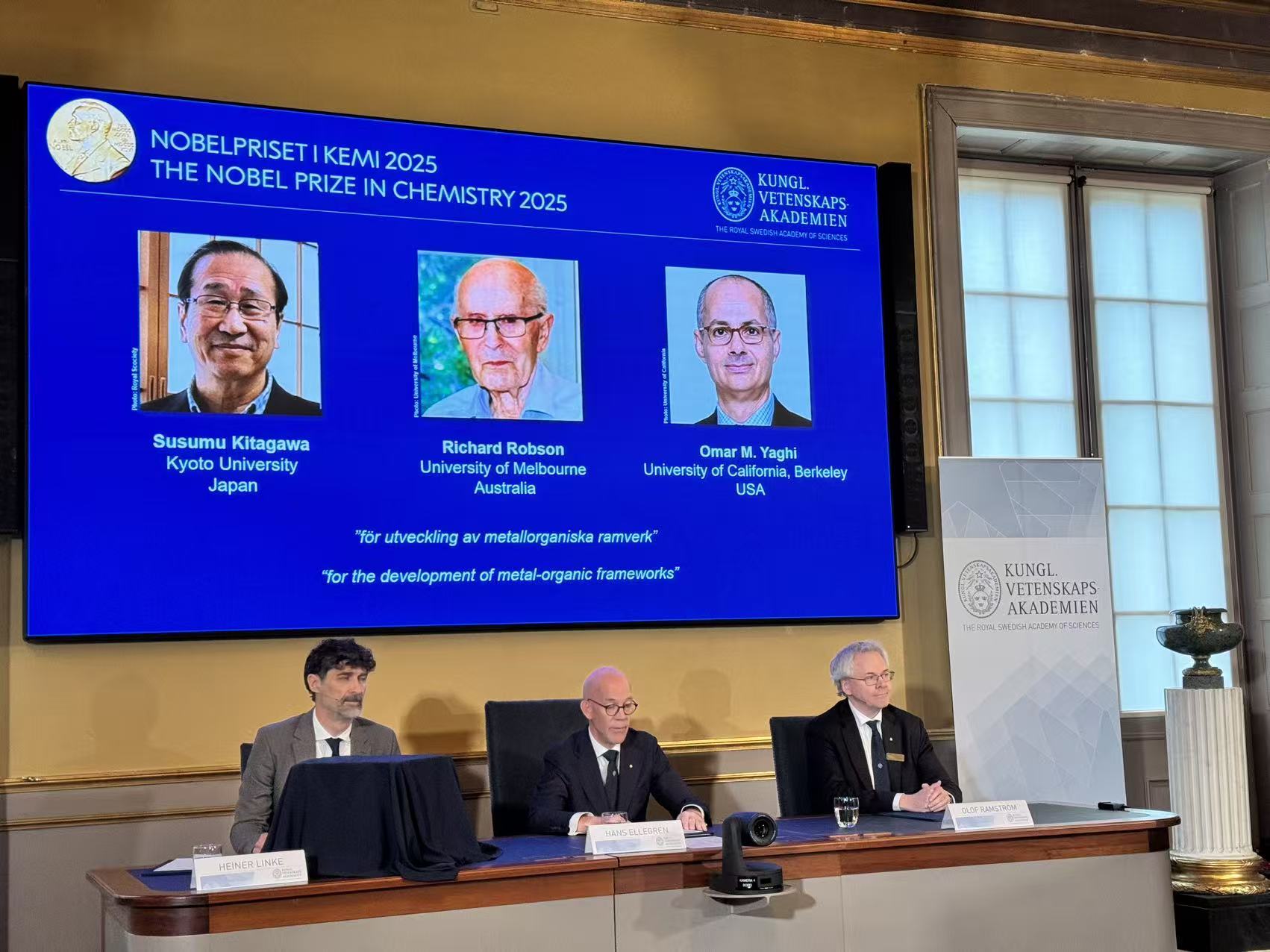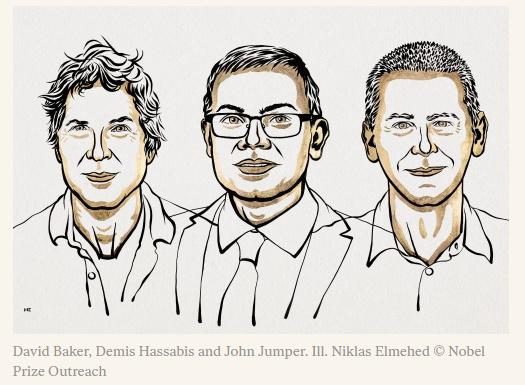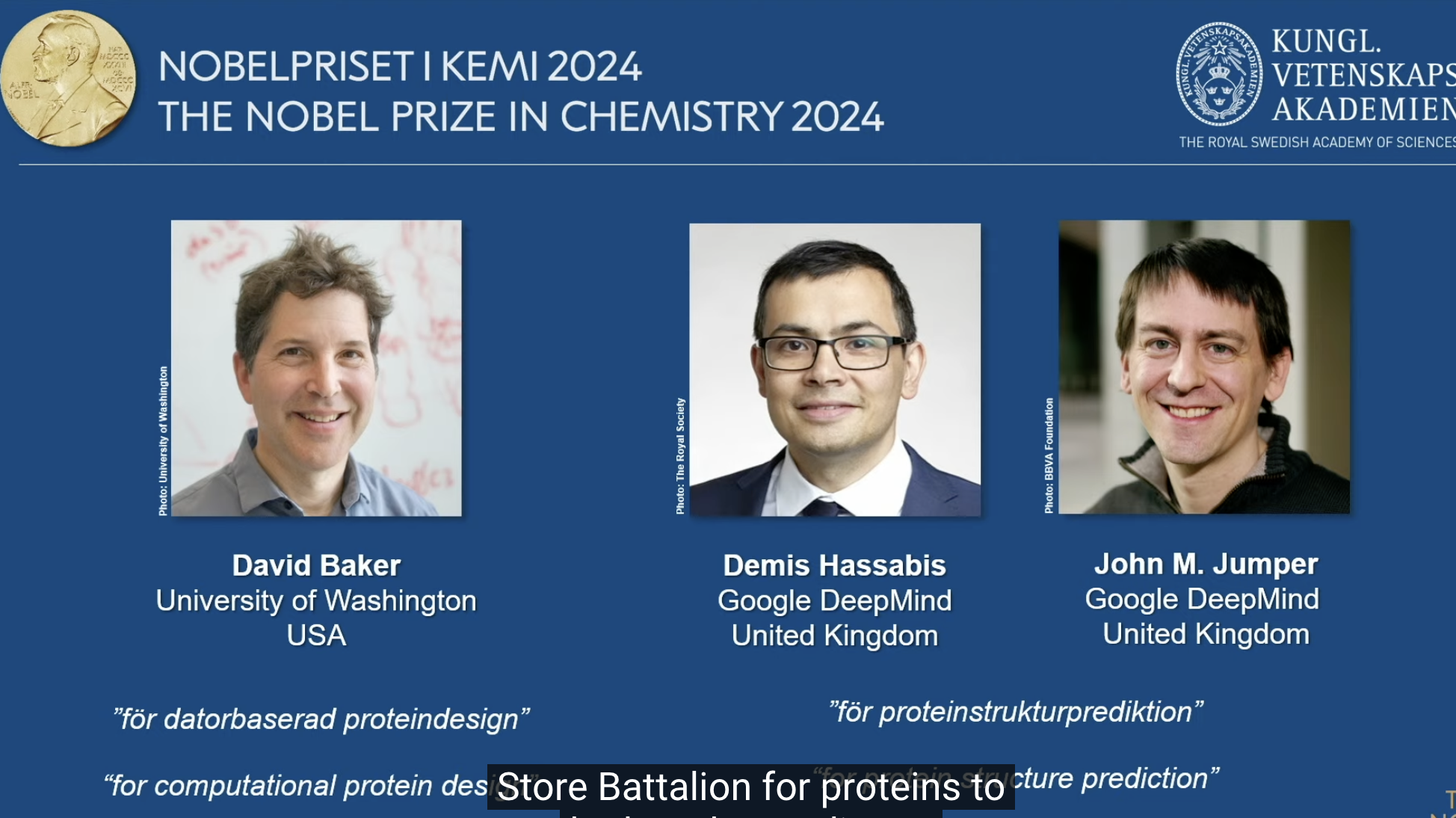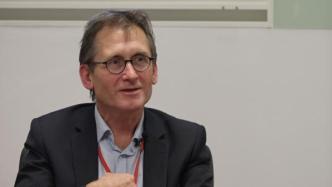
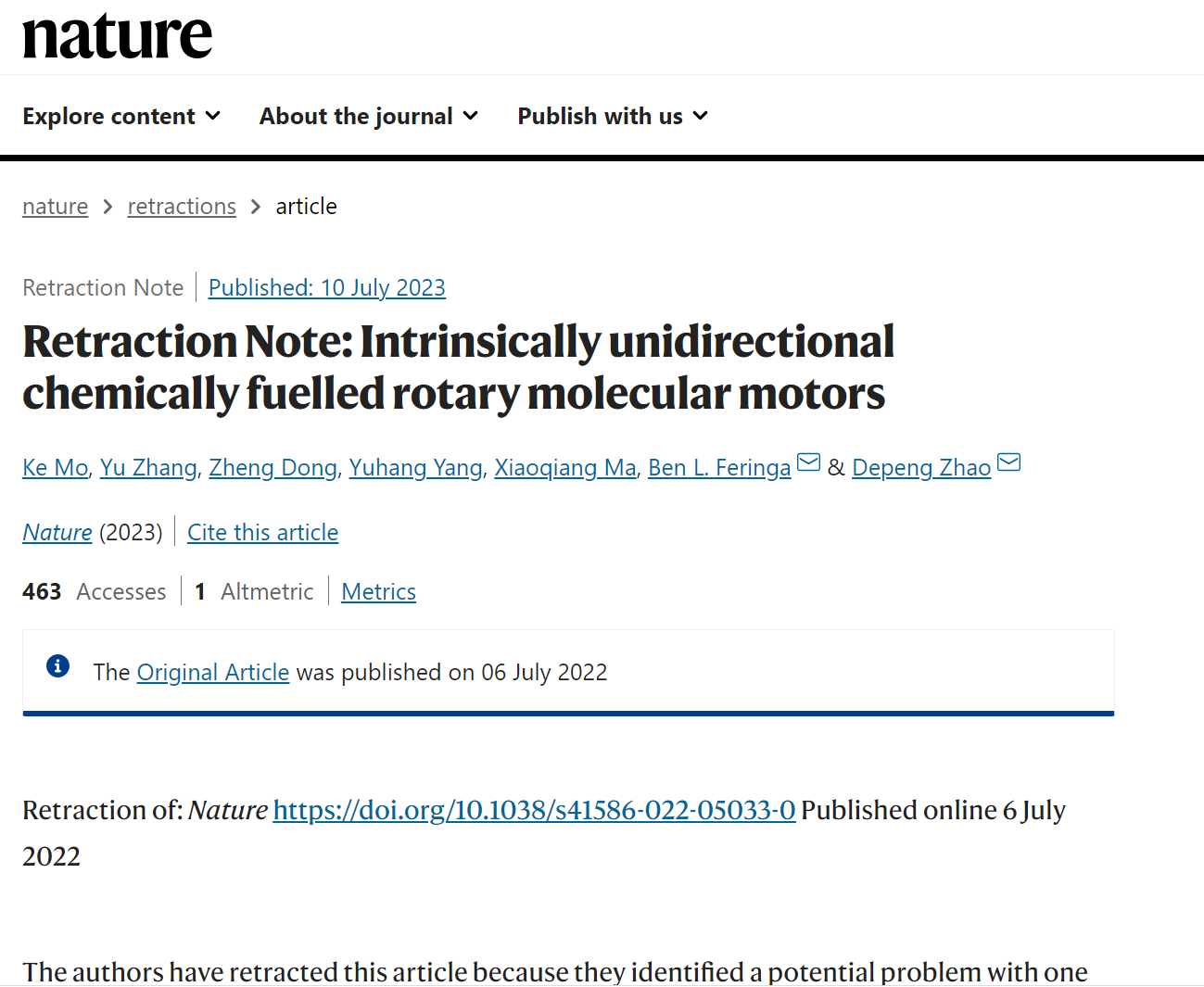
Nobel laureate in chemistry Bernard Lucas Feringa has retracted a research paper after discovering a potential problem with a claim in the paper.
A new molecular motor was discovered. After the paper was published, it was found that there were problems with the statement in the paper. On July 10, Bernard Lucas Feringa, a Nobel laureate in chemistry and honorary professor of South China Normal University, withdrew his A paper on molecular motors previously published in the international academic journal Nature.
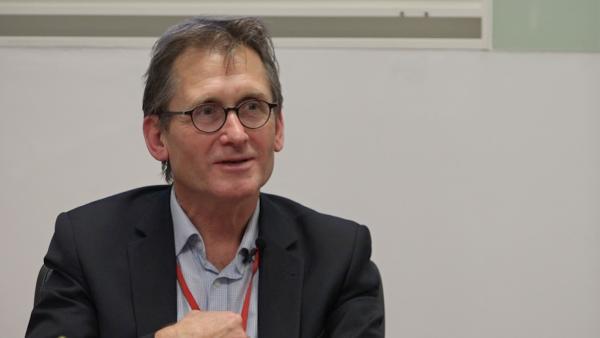
Bernard L. Feringa, winner of the 2016 Nobel Prize in Chemistry. Data map
Molecular motors are "engines" built from biochemical molecules. Feringa synthesized the world's first artificial molecular motor, which is considered to have brought the "age of steam engines" into the molecular dimension.
Feringa is one of the corresponding authors of the retracted paper. Its signatories are the Stratine Institute of Chemistry at the University of Groningen in the Netherlands, the National Green Optoelectronics International Joint Research Center of South China Normal University in Guangzhou, China, and the South China Normal University-University of Groningen "Molecular Science and Display Technology" international joint venture. laboratory.
The other corresponding author of the paper involved is Zhao Depeng. Its signature units are the School of Pharmacy, Sun Yat-sen University, Guangdong Key Laboratory of Chiral Molecules and Drug Discovery.
On the 10th, the "Nature" journal issued a retraction statement saying, "The authors have withdrawn the article because they found a potential problem with one of the claims: the molecular motor operates autonomously under the reported conditions (if defined as completely free from interference). Further follow-up experiments found that the system was very sensitive to changes in pH (pH) during fuel consumption. The fact that the solution became alkaline over time ruled out the possibility of autonomous chemically driven spin cycles, And adding some acid after each cyclization step does not interfere at all. Ke Mo, Yu Zhang, Zheng Dong, Xiaoqiang Ma, Fei Linga, and Zhao Depeng agreed to the retraction. Yuhang Yang has not responded to any letters from the editor/publisher regarding the retraction .”
The title of the paper involved is "Intrinsically unidirectional chemically fueled rotary molecular motors" (Intrinsically unidirectional chemically fueled rotary molecular motors), published online on July 6, 2022.
According to the paper, biological systems primarily use chemical energy to fuel autonomous molecular motors, throwing the system out of balance. Inspired by rotary motors such as bacterial flagellar motors, adenosine triphosphate synthase, and photodynamic unidirectional rotary molecular motors, scientists have worked to design synthetic molecular motors driven only by chemicals. However, it remains challenging to design an artificial rotary molecular motor that operates autonomously using chemical fuels while possessing intrinsic structural design elements to allow its full 360° unidirectional rotational motion like adenosine triphosphate synthase. Here, we show that the homochiral biaryl Motor-3, with three different stereochemical elements, is a rotating motor. Its two aryl groups undergo repeated unidirectional 360° rotations around a single bond axis driven by a chemical fuel. It undergoes sequential ester cyclization, helix inversion, and ring opening, and achieves up to 99% unidirectionality over autospin cycles. The molecular rotary motor can operate in two modes: synchronous motion and acid-base oscillation with chemical fuel pulses; and autonomous motion in the presence of chemical fuel in a slightly alkaline water environment. This rotating electrical machine design has intrinsic control over the direction of rotation, a simple chemical fuel for autonomous locomotion, and near-perfect unidirectionality.
But five months after publication, on December 22, 2022, the paper was accompanied by an "Editor's Note" stating, "Readers are reminded that the authors found that the motion of the molecular motor reported in this paper appears to be pH (acidity) changes are very sensitive. The editorial board will respond further based on the investigation into this issue."
Another 7 months later, one year after the publication of the aforementioned paper, it was withdrawn by the author because of the discovery of a potential problem with a statement in the paper.
South China Normal University News Network shows that on the morning of May 6, 2018, at the South China Institute of Advanced Optoelectronics, South China Normal University, Guangzhou University City, Professor Feringa and Professor Zhou Guofu of South China Normal University jointly signed a molecular agreement between South China Normal University and University of Groningen. Co-construction agreement of the International Joint Laboratory of Science and Display Technology.
South China Institute of Advanced Optoelectronics is a scientific research and teaching unit established by South China Normal University on the basis of integrating existing relevant superior resources, introducing overseas high-level talents and innovative scientific research teams, and absorbing advanced management experience at home and abroad. It is a national key discipline.
In recognition of their contributions in the field of molecular machine design and synthesis, the 2016 Nobel Prize in Chemistry was awarded to three scientists: Professor Jean-Pierre Sauvage from the University of Strasbourg in France, and Frey from Northwestern University in the United States. Sir Ze Stoddart and Professor Bernard L. Feringa of the University of Groningen in the Netherlands.
In 2019, Feringa was elected as a foreign academician of the Chinese Academy of Sciences.
According to the official website of the Chinese Academy of Sciences, Bernard L. Feringa, male, was born in the Netherlands in May 1951 and has Dutch nationality. He won the Nobel Prize in Chemistry in 2016. In 1978, he received a doctorate degree from the University of Groningen in the Netherlands. He is currently the Jacobus H. vant Hoff Distinguished Professor of Molecular Science at the University of Groningen in the Netherlands and a member of the Royal Netherlands Academy of Sciences. He was elected as a Foreign Honorary Fellow of the American Academy of Arts and Sciences in 2004, a Fellow of the European Academy of Sciences in 2010, and a Foreign Fellow of the National Academy of Sciences in 2019.
Feringa's research areas are mainly molecular machines and organic asymmetric catalysis. He synthesized the world's first artificial molecular motor, achieved precise control of the molecular motor's rotation parameters through structural engineering, and developed a series of intelligent molecular materials based on molecular motors, bringing the "steam engine era" into the molecular dimension.
The fully synthetic nanomolecular vehicle he built can realize precise guided movement on the gold surface, making the concept of macroscopic machines come true in the microcosmic world, which has become a milestone in the history of the development of chemistry. At the same time, he introduced the concept of "optical switch" into the fields of molecular information storage, liquid crystal materials, chiral control, biomacromolecules, etc., and promoted the development of related interdisciplinary fields. He is also an outstanding contributor to the field of organic asymmetric catalysis research. Dozens of asymmetric catalytic conversion systems developed based on phosphoramidites have been widely used by many research groups, and have now become star molecule Feringa ligands.
Fei Linga and Academician Tian He jointly led the establishment of the "Feringa Nobel Prize Scientist Joint Research Center" relying on East China University of Science and Technology, and were also employed as visiting professors at the University of Hong Kong and honorary professors at Shanghai Jiaotong University.
According to the official website of the School of Pharmacy of Sun Yat-sen University, Zhao Depeng, Ph.D., is a professor and doctoral supervisor of Sun Yat-sen University. In 2017, he was selected into the national major talent project and entered the School of Pharmacy, Sun Yat-sen University. The main research areas are molecular motor design and synthesis, synthetic organic chemistry, peptide and small molecule medicinal chemistry, etc.
Link to the paper involved: https://www.nature.com/articles/s41586-022-05033-0
Link to retraction statement: https://www.nature.com/articles/s41586-023-06380-2
